News & Thought Leadership
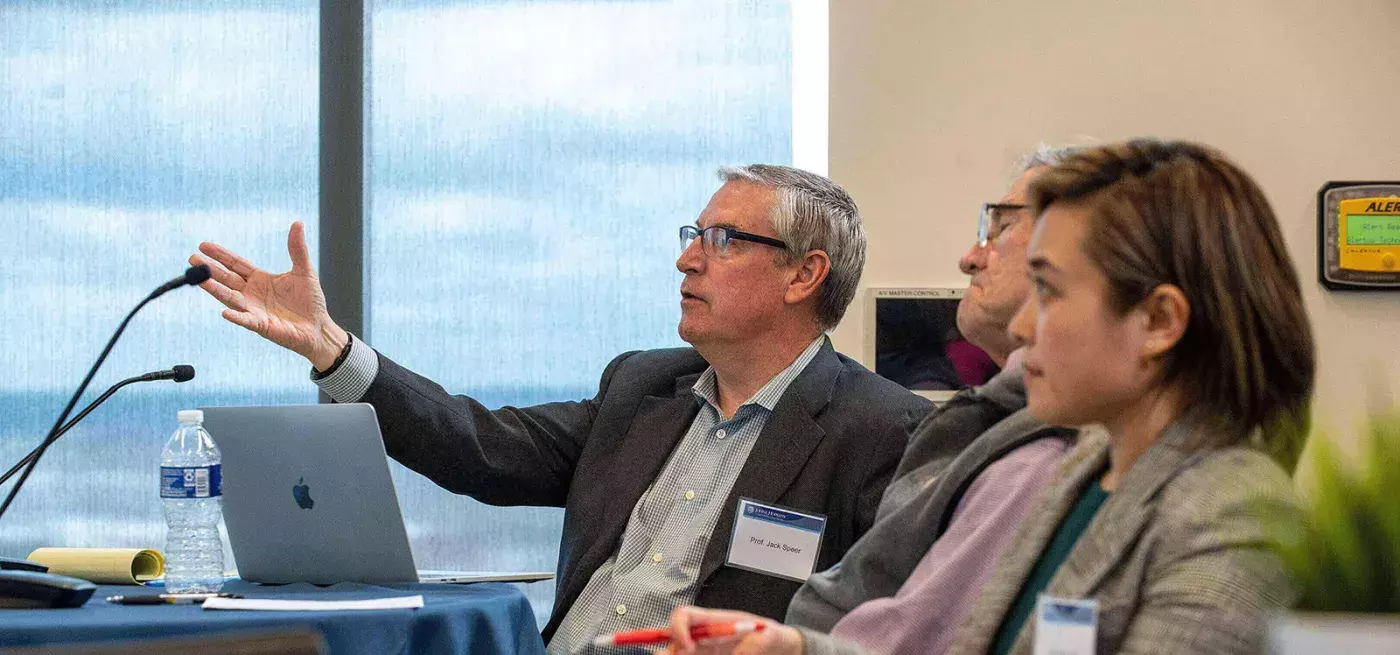
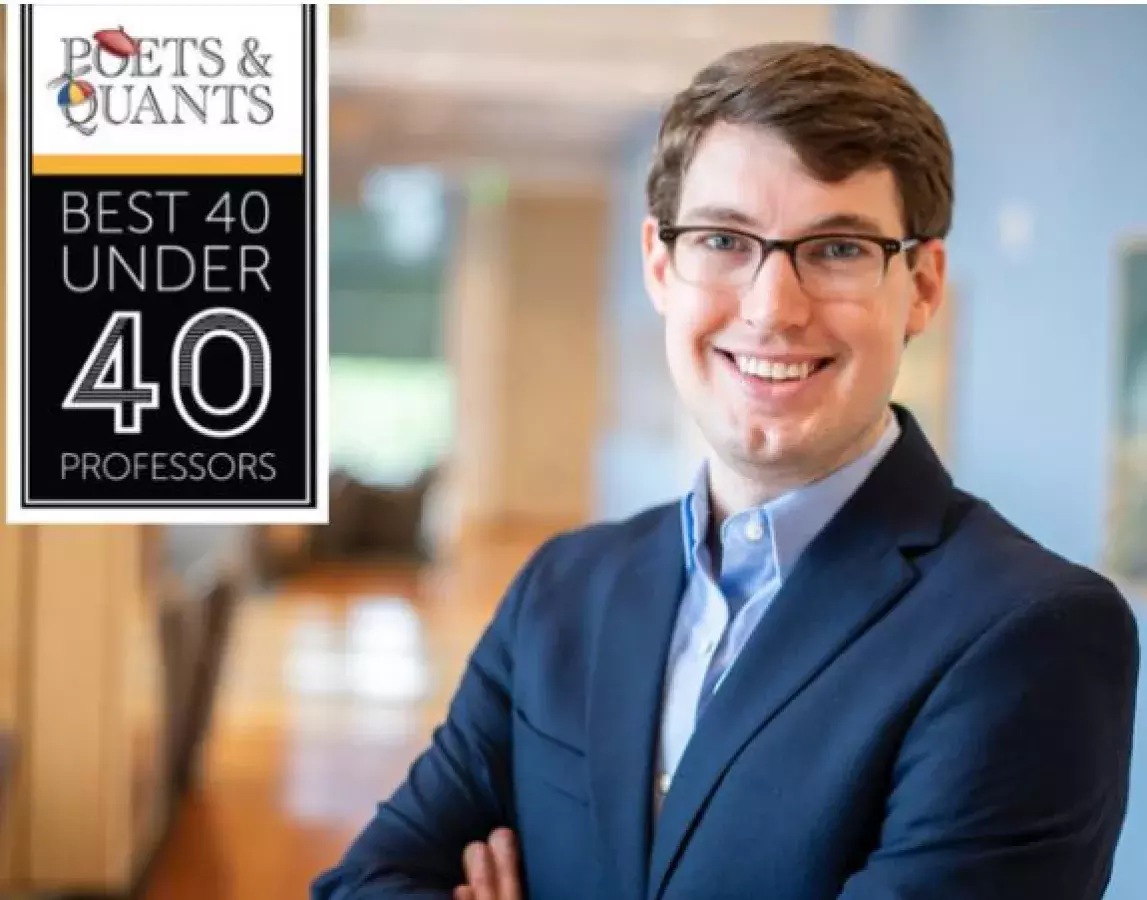
CIL Faculty Director named one of the world's top 40-under-40 business school professors by Poets & Quants.






Writing in the Harvard Business Review, CIL Core Faculty members share insights from their research on what drives resilience in today's organizations.






New research published in Administrative Science Quarterly by CIL Affiliate Faculty member sheds light on teaming in dynamic work settings.






New research by CIL Core Faculty members examines how leaders can better support healthy sleep behaviors of their employees.






CIL Core Faculty member shares insights on how hospital leaders used human capital resources to effectively combat the challenges of COVID-19.






CIL Core Faculty member shares insights on allyship and inclusion in a new Harvard Business Review article.






CIL Directors share insights on leadership development for modern organizations based on outdoor leadership and the Center's signature LDE course.






Drawing on existing literature as well as our own research, we set out to answer this question: what is the best approach to foster quality teamwork that transforms companies into great workplaces that are future-ready?






Using interviews, a national field survey, and an online laboratory study, we have examined teamwork in fluid cross-boundary teams. Across three studies, we qualitatively discovered and quantitatively explored “joint problem-solving orientation” as a new team factor.






Through this study, we hope to increase understanding of the context, considerations and practices to leverage the amazing diversity of our region. We hope to learn more about what makes a strong workplace culture, particularly in Asia.






Although organizations frequently use groups to solve complex problems, groups often fail to use all available expertise, thus generating suboptimal solutions. To better understand why this occurs, we distinguish between two processes that are related to expertise use but often empirically conflated: participation and influence.






Covid-19 has made clear why all physicians need to know about the business of healthcare. Amid longstanding recognition that healthcare challenges are often managerial, not just clinical, many have called for greater attention to developing physicians’ business management abilities.






Deception remains prevalent despite its widespread vilification. The current research examines why.






Recent scholarship on resilience has shed light on the processes by which organizations absorb strain and maintain functioning in the face of adversity. These theories, however, often focus on the operational impacts of adversity without accounting for the strain it puts on organizational members and their abilities to work effectively together.






Our article reviews research on “organizational science and health care,” defined broadly as research focusing on topics commonly studied in the organizational and management literatures and conducted in health care settings.






Theory on group performance has long suggested that groups exhibit variance in their ability to transform resources into performance, but empirical approaches have typically examined the average effects of resources, thereby masking such group-specific variance.






We’re finally engaging in substantive conversations about a once untouchable issue: white male privilege.






The current symposium emphasizes that mental health conditions can influence a person’s entrepreneurial motives and means. This paper suggests that sleep plays an important role in both.






Resilience matters now more than ever in healthcare, with the COVID-19 pandemic putting healthcare providers and systems under unprecedented strain.






Patient safety suddenly burst into public consciousness in the late 1990s and became a “celebrated” cause in the 2000s. It has since gradually faltered, and little improvement has been noted over almost 20 years.






Leading human capital in the 2020s: Emerging perspectives.






In the workplace, women often encounter gender stereotypes and biases that reinforce the existing gender hierarchy, may hinder women’s career aspirations and retention, and may limit their ability to be promoted—especially in traditionally male organizations.






The study of resilience in organizations has progressed significantly in the past few decades, yet the field still faces issues relating to conceptual confusion and empirical rigor. The purpose of this chapter is to discuss these critical issues that resilience scholars are currently facing in a way that helps to identify a fruitful path forward in the study of organizational resilience.






Scholars have persuasively documented the positive influence of ADHD-like tendencies (the impermanent experience of ADHD-like symptoms) on entrepreneurial intentions. Yet, we know little about the causes of ADHD-like tendencies, and thus about factors that could heighten entrepreneurial intentions through such tendencies.






This initial, exploratory study on gender bias in collaborative medical decision making examined the degree to which physicians' reliance on a team member's patient care advice differs as a function of the gender of the advice giver.






We apply the high-reliability organization (HRO) paradigm to the diagnostic process, outlining challenges to enacting HRO principles in diagnosis and offering solutions for how diagnostic process stakeholders can overcome these barriers.






The COVID-19 pandemic has created an environment that is dynamically uncertain – routines are upended, normal interactions are disrupted, and risk must be reassessed on an ongoing basis






The global pandemic has strained healthcare systems around the world, yet some providers have been able to adapt better and more swiftly than others. One such example is Singapore’s Tan Tock Seng Hospital (TTSH).





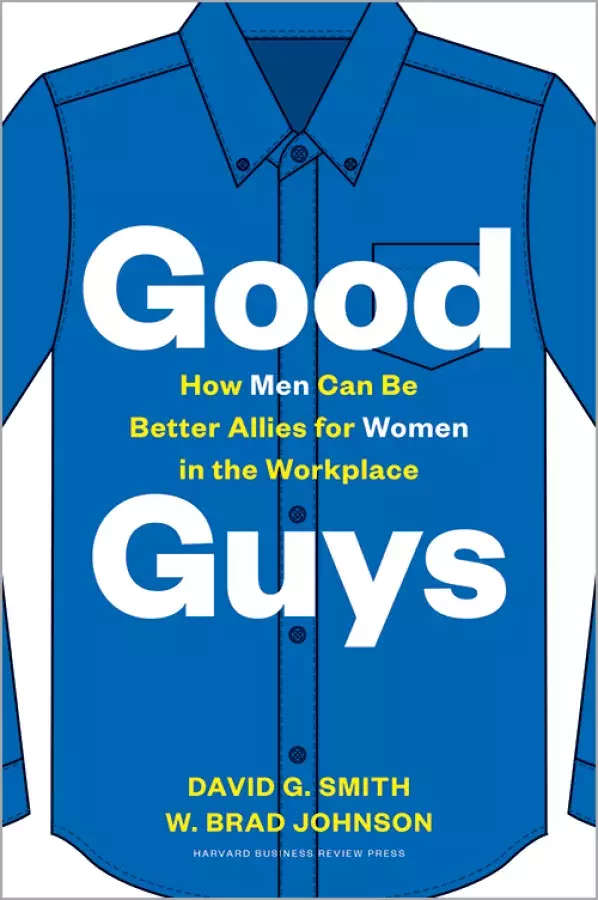
The key to advancing gender equality? Men. Women are at a disadvantage. At home, they often face an unequal division of household chores and childcare, and in the workplace, they deal with lower pay






Organizational resilience is an organization’s ability to absorb strain and preserve or improve functioning, despite the presence of adversity. In existing scholarship there is the implicit assumption that organizations experience and respond holistically to acute forms of adversity.






This book examines major transformations in the U.S. health professions workforce, and how various professionals are being affected by a myriad of industry and societal trends as well as new policies within the health care sector.






In the Harvard Business Review, CIL Core Faculty member Suntae Kim shares insights from his recent research on how entrepreneurial leaders impact local communities






Unhealthy sleep is a modern epidemic, and recent research has linked it to unethical behaviors like deception. Yet, scholars are also starting to examine factors that could curtail unhealthy sleep and its consequences.






Over 20 years ago, in its enduringly impactful report To Err is Human, the US Institute of Medicine (IOM) claimed that healthcare is not unique among high-risk, high-reliability industries, pointing out that it too is concerned with learning how to prevent, detect, recover and learn from mistakes and accidents.






The past 2 years have revealed to companies and leaders across all industries how heavily dependent their performance is on considerations of health—including not only the health, safety, and well-being of employees, but also broader considerations of physical space usage, ventilation, and customer interactions, among many others.






Learning vicariously from the experiences of others at work, such as those working on different teams or projects, has long been recognized as a driver of collective performance in organizations.






Our article reviews research on “organizational science and health care,” defined broadly as research focusing on topics commonly studied in the organizational and management literatures and conducted in health care settings.






Team members’ vicarious learning from other members’ knowledge and experience is a critical component of learning and performance in interdependent team work contexts.






Elective surgical suspension during the COVID-19 pandemic resulted in a sizeable surgical case backlog throughout the world. As we ramp back up, how do we decide which cases take priority?






Physicians are being increasingly called upon to engage in leadership at all levels of modern health organizations, leading many to call for greater research and training interventions regarding physician leadership development.






Recent years have seen a palpable change in the surgical community, with major efforts made to shift towards a more positive, humanistic surgical culture






Physicians are being called upon to engage in greater leadership and management in increasingly complex and dynamic health care organizations. Yet, management skills are largely undeveloped in medical education.






This paper empirically tests leadership identity construction theory conceptually framing claiming and granting leadership as a negotiated process that influences leadership perceptions and decision-making in interdependent contexts.






This chapter develops a conceptual framework that helps organize and synthesize key insights from the literature on leadership development.






The landscape of American corporations is changing. Since the financialization of the economy in the late 1970s, corporate governance practices have tightly linked the purpose of business with maximizing shareholder value.






Health systems frequently rely on surgical cases for revenue, and the COVID-19 pandemic resulted in frequent disruptions in surgical operations for the last few years.






In August 2018 officials from Tokyo Medical University admitted to systematically altering medical school admission test scores to disadvantage female applicants.






Who's Really the Victim Here? The controversial news that NYU Grossman School of Medicine was considering the hire of David Sabatini, PhD, shined a new light on sexual misconduct and harassment allegations in the workplace.






The Supreme Court Dobbs v. Jackson ruling that overturned Roe v. Wade has Americans on both sides of the abortion rights issue engulfed in high emotion. There is a lot of conjecture about how companies and their leaders should be speaking out, taking a stand and taking action.






When women speak up about sexism or sexual harassment in these workplaces, they’re often met with the “good guy” defense.






Men are clearly positioned — owing to their gender-conferred privilege and their organizational power — to bring about workplace change.






A new study reveals a persistent gap between men and women in their perceptions of how men are truly showing up — or not — in the workplace.






We need a better system of transferring patients to ensure the best care during the next phase of the pandemic.





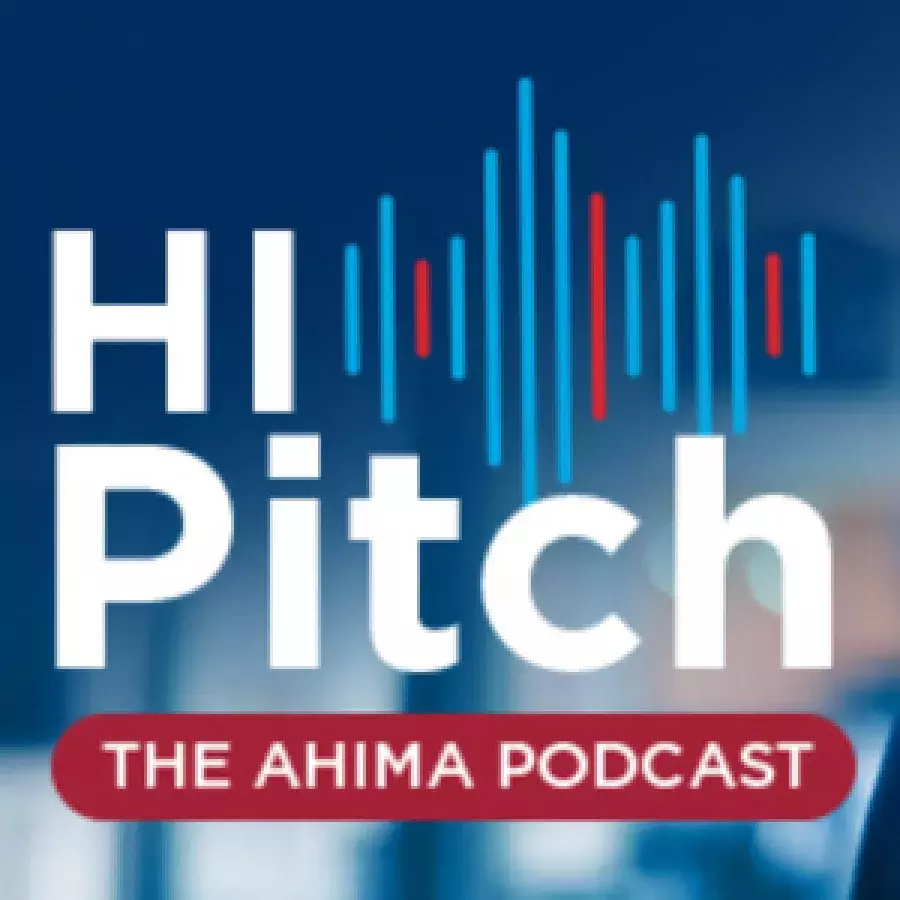
On this episode of HI Pitch, hear from Anisa Tootla, executive director of the AHIMA Foundation, as well as Dr. Chris Myers and Mike Doyle, M.ED






Brian Gunia joins me in this episode of Negotiations Ninja to share more about bartering and discuss how powerful it can be in the negotiation process.





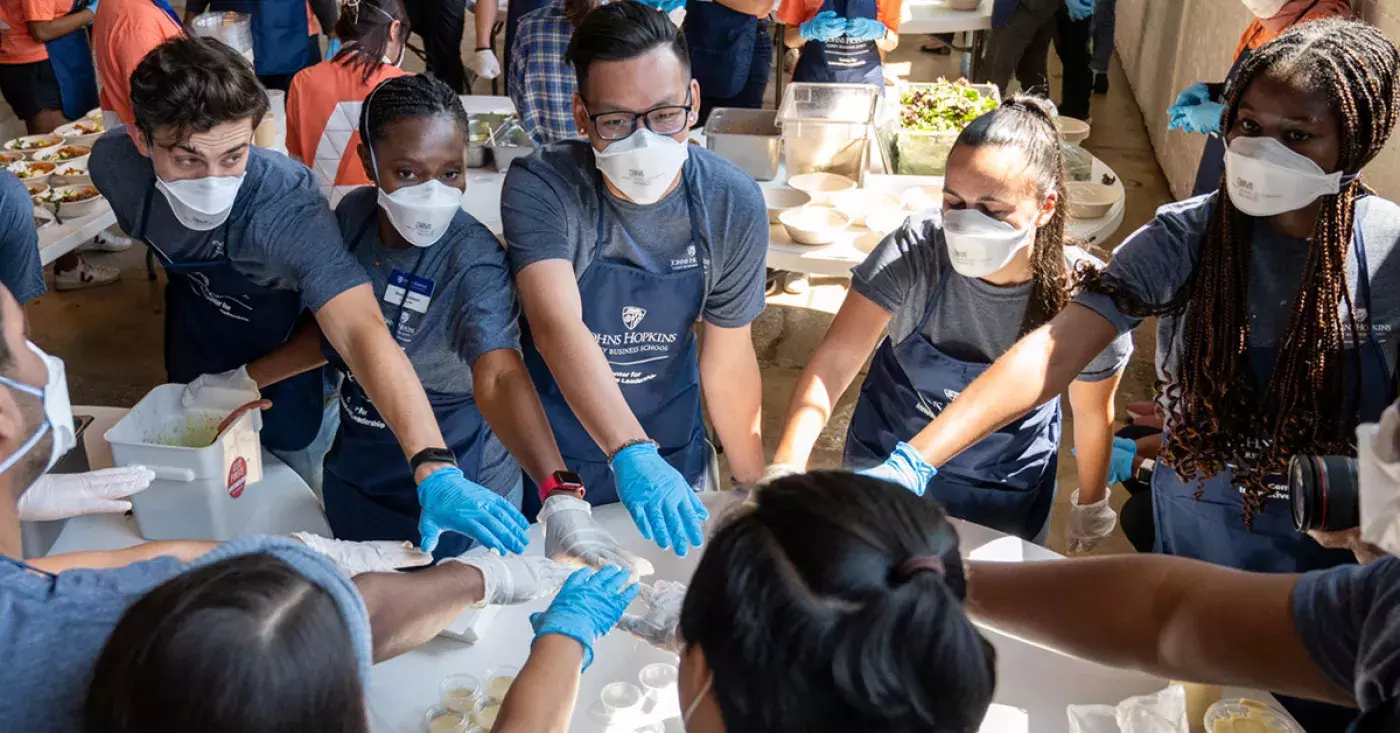
Tomorrow’s leaders are already working with unwavering humanity. And they’ve already collaborated with Baltimore business owner J.J. Reidy (FTMBA ’15) to make a difference for hundreds of Baltimoreans.






Newswise — What does it mean to lead successfully in the new and ever-evolving world of work?





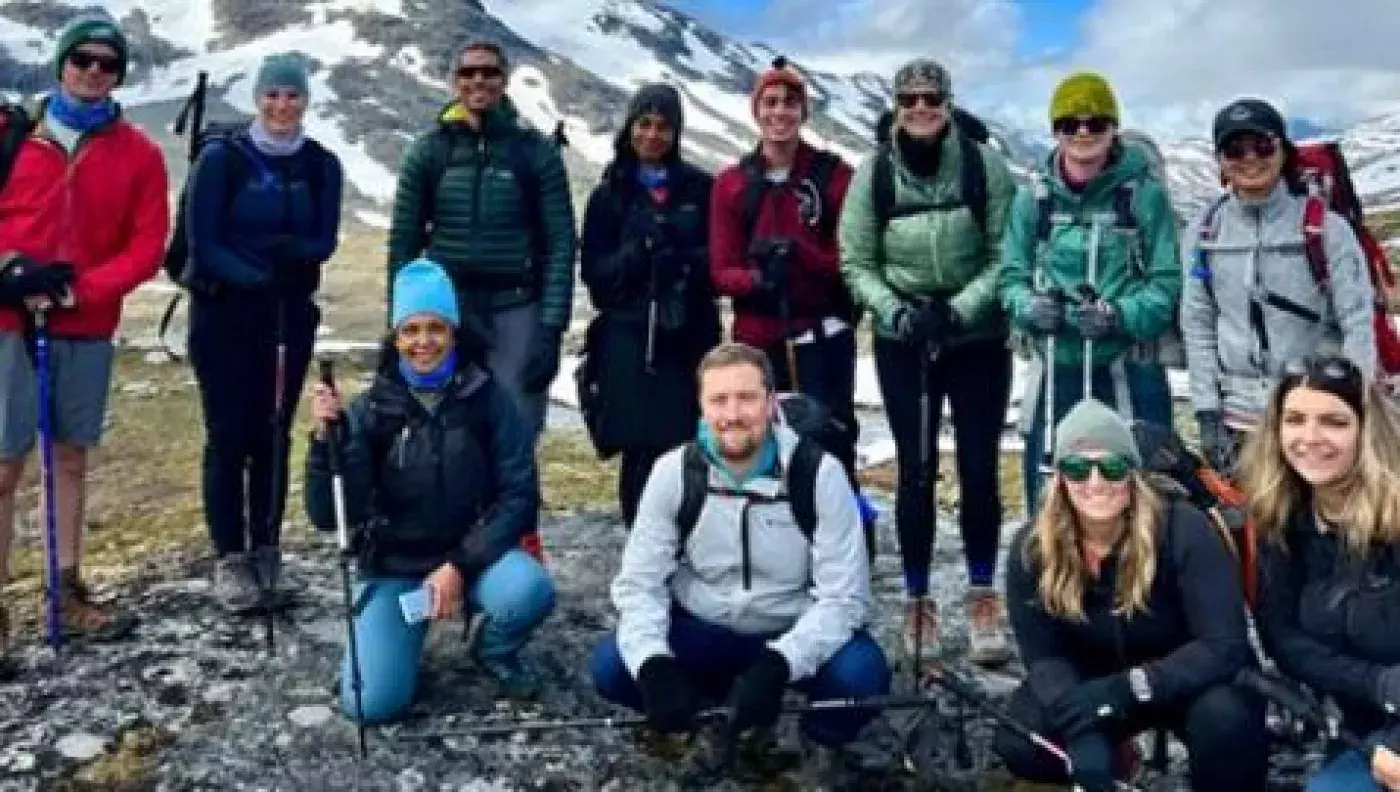
A nine-day journey through the mountains helps Carey Business School students develop “leadership muscle” to be agile for business teams they’ll lead.






Research by CIL Faculty Director Chris Myers quoted in HR Dive article on the rise of corporate CMOs





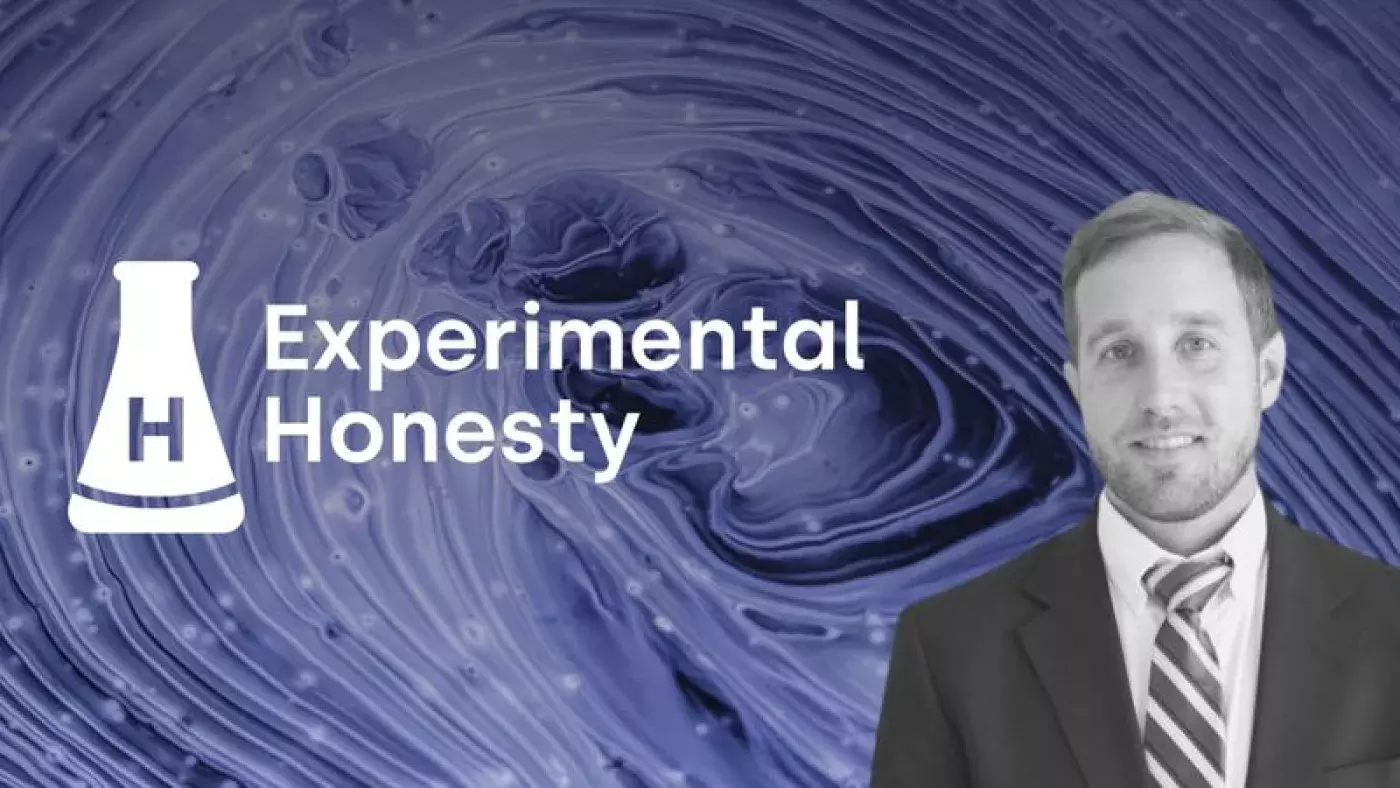
CIL Core Faculty member Brian Gunia shares insights on his research into sleep leadership for the Experimental Honesty podcast





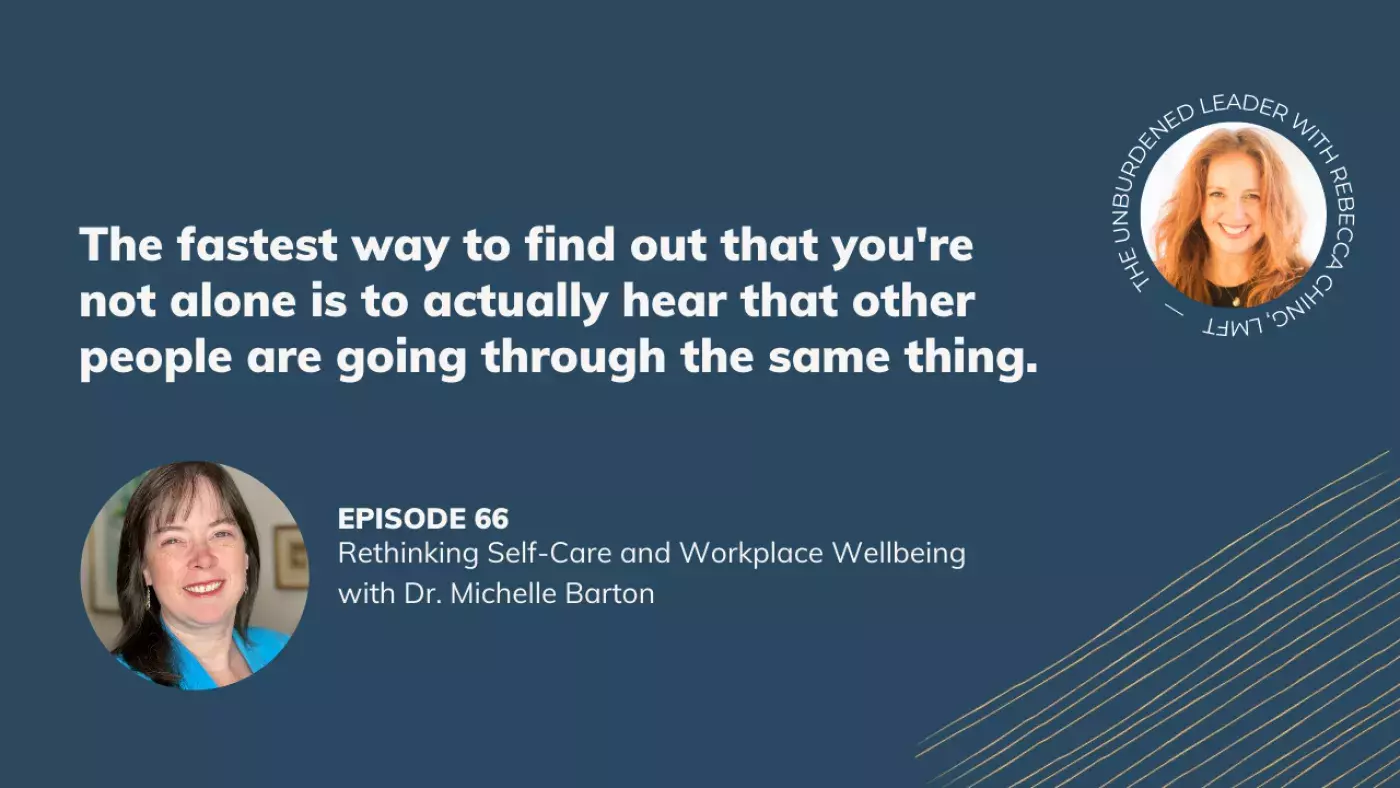
CIL Core Faculty Member Michelle Barton shares her expert insight on resilience and wellbeing at work on The Unburdened Leader podcast.






The Delve podcast interviews CIL Core Faculty Suntae Kim about his latest research on entrepreneurial incubators






In the Harvard Business Review, CIL Core Faculty David Smith highlights challenges with the way organizations approach leadership development for women





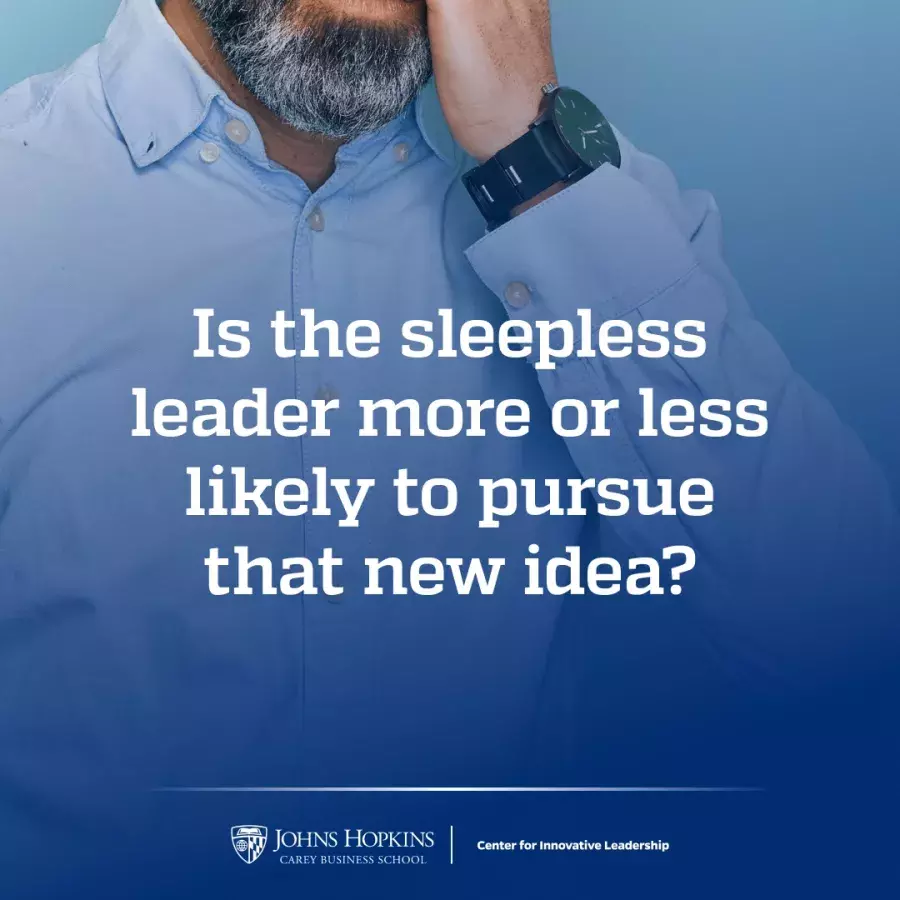
In this CIL Research Brief, Core Faculty member Brian Gunia's research reveals a small bright-spot to the sleep challenges facing many workers around the world.






CIL Affiliate Seb Demirkan and colleagues publish findings about the link between hospital board leaders' compensation and charity care provision.






In a New England Journal of Medicine article, CIL Faculty Anna Mayo and Chris Myers discuss opportunities for enhancing teamwork in healthcare





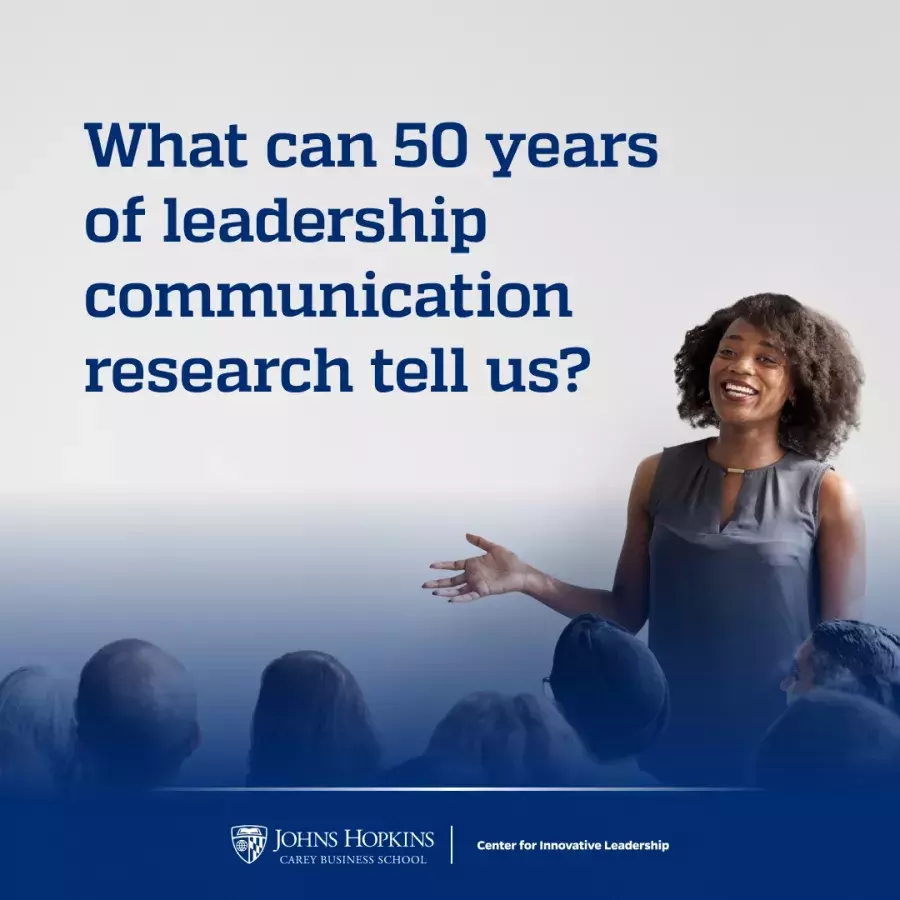
In this CIL Research Brief, Core Faculty member Cassandra Chambers reveals insights from over 50 years of research on leader communication.





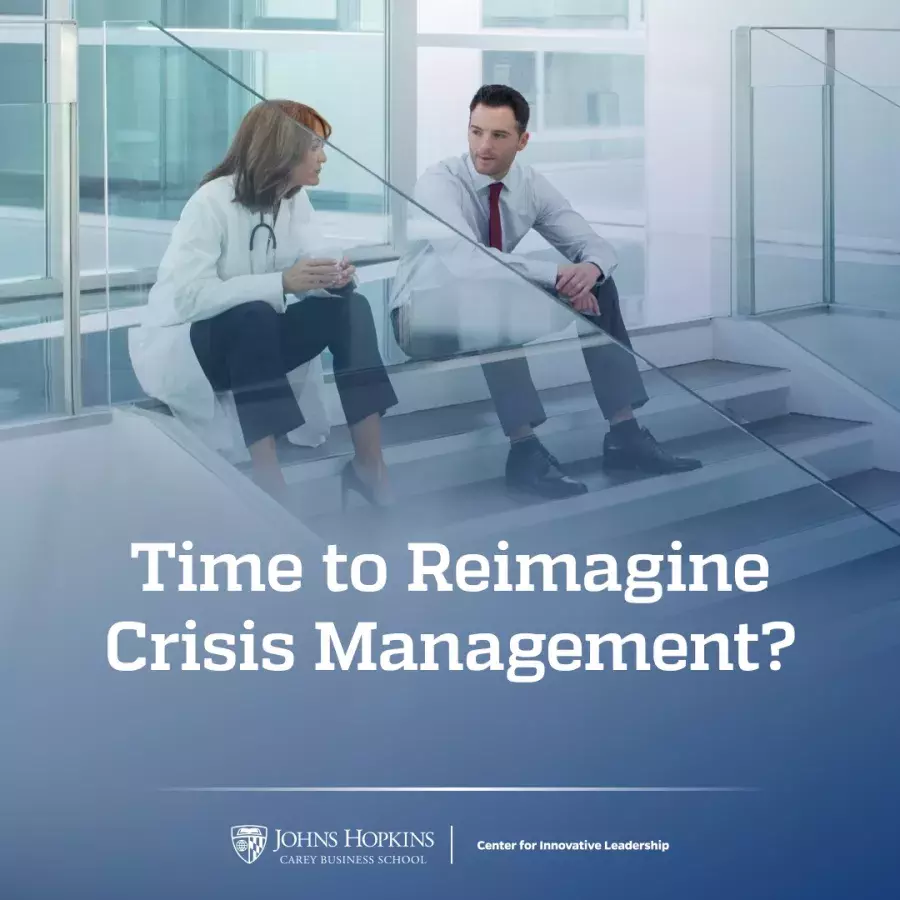
This CIL Research Brief breaks down Core Faculty member Suntae Kim's latest research on leading in response to crisis, focusing on COVID management in South Korea





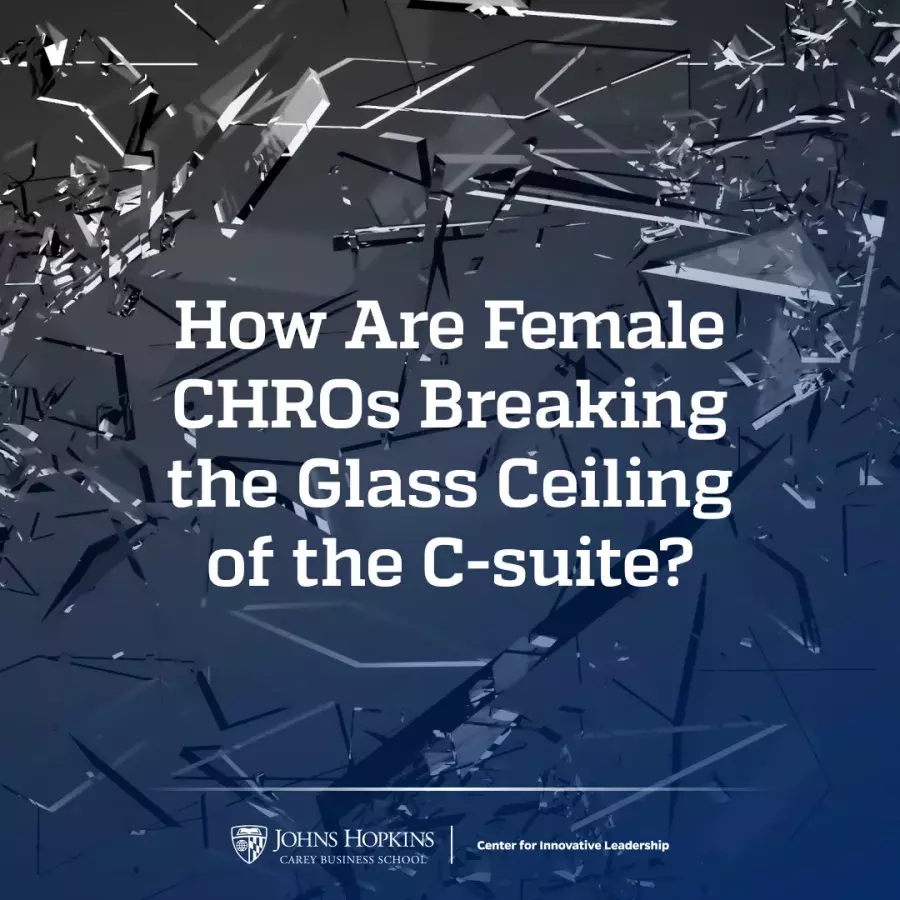
In this CIL Research Brief, Core Faculty member Rick Smith and colleagues examine the increase in female CHROs in today's organizations.






CIL Core Faculty Brian Gunia joined colleagues in reviewing the economic impact of poor sleep in the workplace, a key challenge facing leaders in all industries.






The Economist's Boss Class podcast features host Andrew Palmer's experience accompanying students on CIL's 2023 LDE course in Norway







